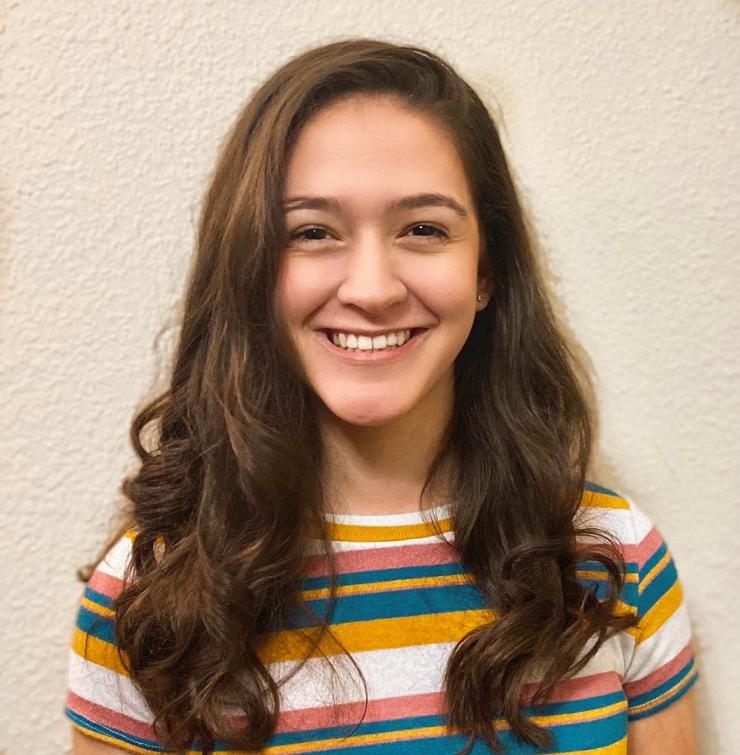
Mentor: Joanna L. Jankowsky, Ph.D.
Undergraduate major: Chemistry
Undergraduate school: Texas A&M University, Kingsville
Research Interests: Mechanisms of Neurodegenerative Diseases, Learning and Memory, and Neural Circuit Dysfunction
Why did you choose Baylor College of Medicine?
I chose Baylor's Neuroscience Graduate Program because I was impressed by the high caliber of neuroscience research in their program. I identified several faculty with whom I could picture myself working with. Additionally, I was keen on wanting to join a program with a tailored neuroscience curriculum. Further, I was impressed by the graduate students' oral presentations at their annual retreat. This signaled to me that scientific communication skills were valued in their program. The graduate students seemed happy, encouraging of one another, and relayed that they felt supported by the program. I also learned of Baylor's Career Development Center to support students who are interested in non-academic careers as well as their Initiative for Maximizing Student Development student interest groups that support underrepresented minorities in STEM.
What is your research interest?
Broadly, I am interested in how neural circuit function supports mechanisms of learning and memory behavior. I want to understand how these mechanisms are perturbed in disease. My graduate work focuses on the selective vulnerability of neurons in Alzheimer's disease (AD). The goal of my thesis project is to test whether activity-dependence is a process that may contribute to the pattern of neuronal loss observed in AD.
Why did you choose your mentor?
I chose my mentor because she made me feel supported. Joanna has an open door policy and always makes time to meet with her trainees. Further, she welcomes new ideas and unsolicited feedback. She continues to support me in developing my scientific writing and oral communication skills. Finally, Joanna reminds me of my strengths, pushes me to challenge my self-imposed limitations, and sees potential in me when I can't see it in myself.
What aspects of training have been most influential in preparing for your intended career?
The neuroscience tailored curriculum was invaluable for me because I did not have formal training in neuroscience coursework before starting the program. Additionally, our weekly neuroscience seminars allow us to learn about neuroscience research taking place all over the world. These seminars are followed by informal round tables with the speakers and trainees to further discuss science, career advice, or anything else! Finally, I think one of the most important resources on campus that I have started using more frequently is the Career Development Center (CDC). BCM's CDC offers both academic and non-academic career seminars and internship programs to introduce and teach graduate students about career opportunities that are available to them after graduation.
Did Baylor’s location in the Texas Medical Center enhance your experience?
Yes, I appreciate the additional resources, connections, and opportunities the TMC has offered me.
What are your career plans?
I have not solidified career plans yet, but I hope to either pursue a career in academia or in science communication/policy.
What do you enjoy about living in Houston?
I enjoy fall and spring weather in Houston. I love that Houston is super diverse and there's a variety and plethora of authentic cuisines you can experience here. I also love that the cost of living is relatively low in Houston.
What advice do you have for prospective students?
My advice to prospective students is to ask a lot of questions, and ask MULTIPLE people because every graduate student's experience is different. Identify programs that have faculty who conduct research you are interested in, but more importantly, identify at least 3 faculty that you connect well with or can envision yourself working closely with for 5+ years.







